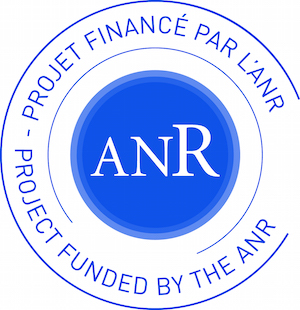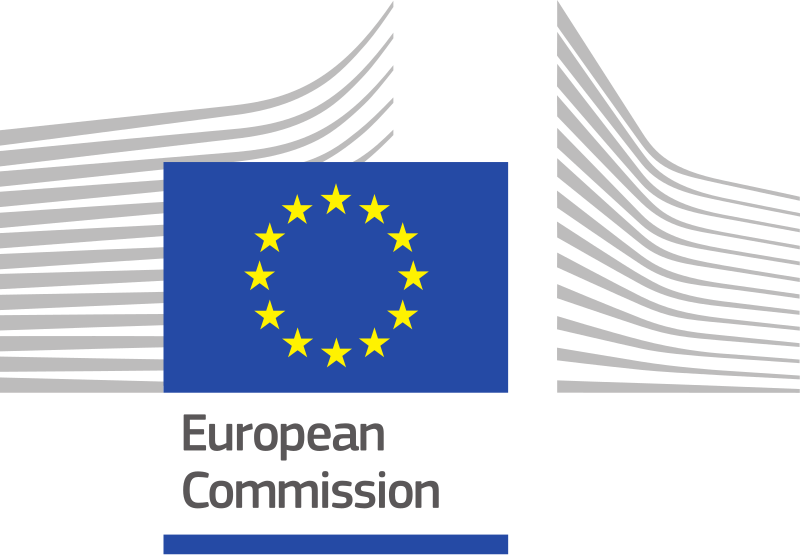Submission of results (deadline-2)
Each participant may make up to 5 different submissions. In case of several system submissions, participants should indicate a primary system among them, and the rest systems should be marked as contrastive. Only primary systems will be considered in subjective evaluation.
Submissions consist of the three parts:
- Results and scores.
- Anonymized speech data.
- System description.
1. Results and scores.
Deadline: June 16, 2020, 23.59 Anywhere on Earth (AoE)
Submission: a gzipped TAR archive sent as an email attachment to organisers@lists.voiceprivacychallenge.org. The name of the archive file should correspond to the name of the team used in registration.
Archive structure: the TAR archive should include directories: primary, contrastive1, contrastive2,… where each directory contains the full results directory generated by the run of the evaluation system (in exp\results-<date>-<time>). See example of the results directory: results-example.
Instructions to run evaluation with your anonymization: https://github.com/Voice-Privacy-Challenge/Voice-Privacy-Challenge-2020/wiki/Evaluation
2. Anonymized speech data.
Deadline: June 19, 2020, AoE
Submission: a gzipped TAR archive uploaded to the sftp challenge server voiceprivacychallenge.univ-avignon.fr. Each registration team will receive a letter with a personal login and password to upload the data. The name of the archive file should correspond to the name of the team used in registration.
Archive structure: the TAR archive should include directories: primary, contrastive1, contrastive2,… with the same names as used for “results and scores” submission. Each directory should contain the corresponding anonymized speech data (wav files, 16kHz, with the same names as in the original corpus) generated from the evaluation and development datasets. For evaluation, wav files will be converted to 16-bit Signed Integer PCM format, and this format is recommended for submission. These data will be used by the challenge organizers to verify the submitted scores, make post-evaluation analysis with other metrics and to run listening tests for subjective evaluation.
deadline-2\ < TEAM NAME USED IN REGISTRATION > \primary\
libri_dev\
libri_test\
vctk_dev\
vctk_test\
\contrastive1\
libri_dev\
libri_test\
vctk_dev\
vctk_test\
...
3. System description.
For the challenge participants, there are two types of paper submissions: “Interspeech paper” or/and “system description”.
Papers should be submitted through the Interspeech-2020 submission system choosing the topic “13.8 Voice Privacy Challenge“. For authors who submitted a paper to Interspeech and whose final system has not incurred major changes w.r.t. that paper, the system description is considered to be identical to that paper.
Deadline: May 8, 2020, AoE. Updates to the pdf and media files, the title, the abstract and LREC resources will be permitted until 15-May-2020, 23:59 AoE. Updates to authors and topics cannot be made.
The teams that submit results by deadline-1 or deadline-2, but do not submit Interspeech papers related to their challenge entry, or whose system has incurred major changes w.r.t. that paper, should email their system description to organisers@lists.voiceprivacychallenge.org. For the system description, the Interspeech-2020 paper template should be used, but the rules are less strict w.r.t. the paper length, number of pages can be 2-6.
Deadline-1: May 15, 2020, AoE.
Deadline-2: June 23, 2020, AoE.
In the system description, participants should present their results in the same table format as in the challenge evaluation plan or as in the paper Introducing the VoicePrivacy Initiative.
Check the following overleaf document for the allowed table formats to report the results: latex template for table results.
In order to convert the result file generated by the evaluation results to LaTeX tables in the required format, participants can use the following script: results_to_latex.py.



